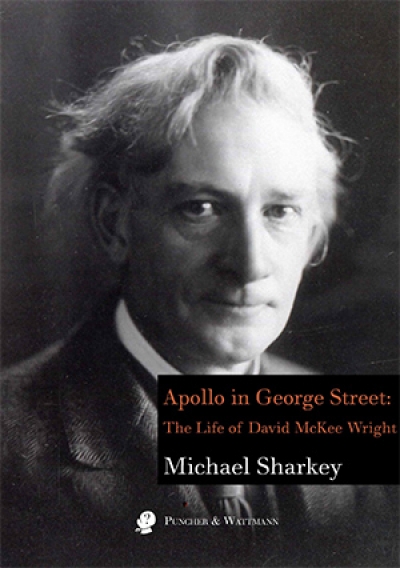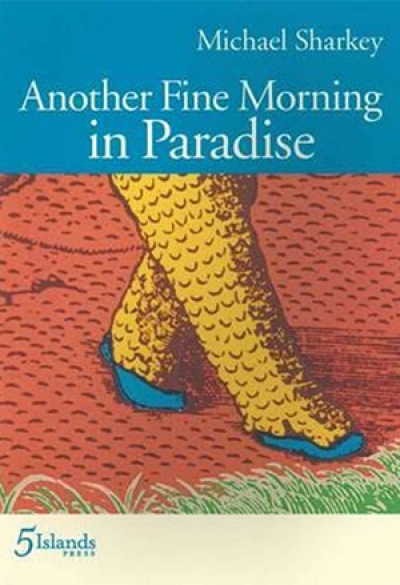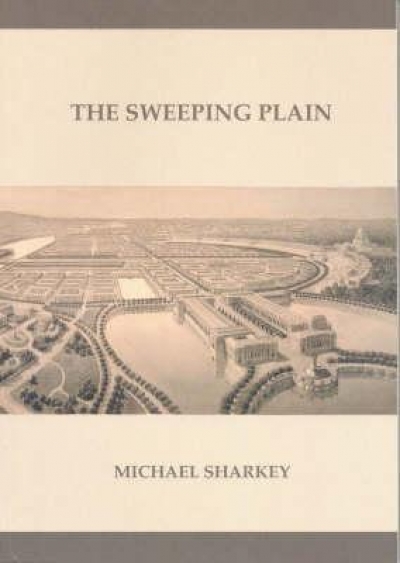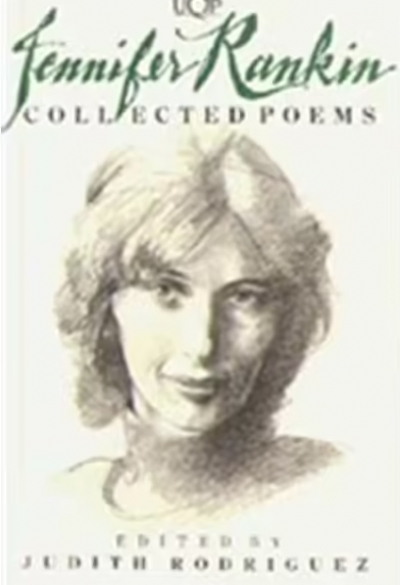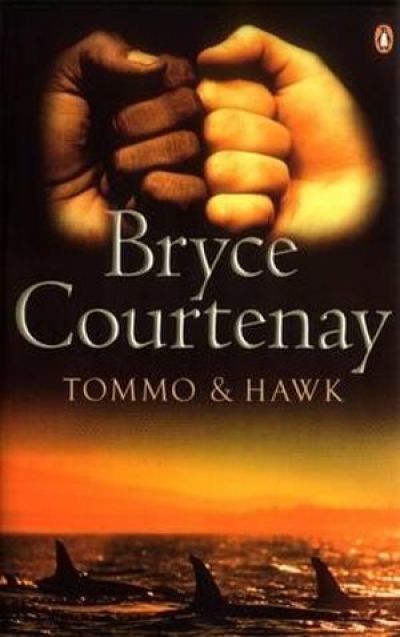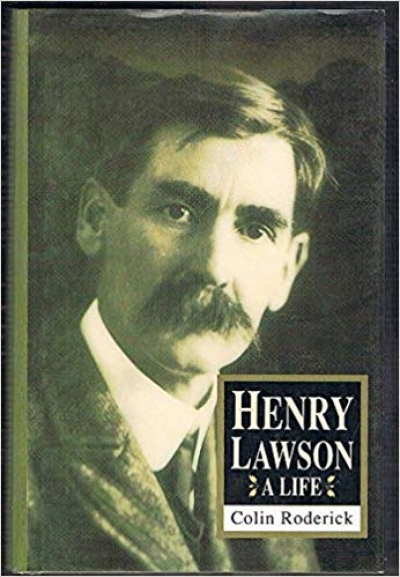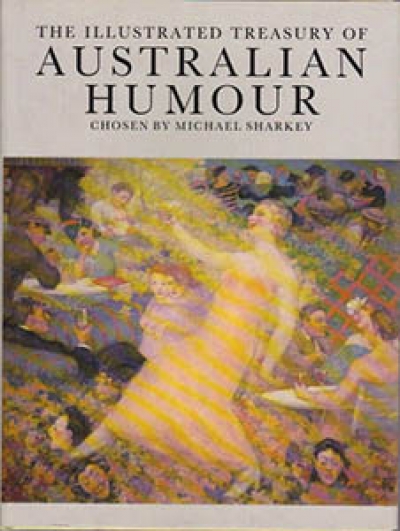Michael Sharkey
Apollo in George Street: The Life of David McKee Wright by Michael Sharkey
Another Fine Morning in Paradise by Michael Sharkey
I don’t make a point of skiving off to every literary festival in the country but, once in a blue moon, comes an invitation that’s hard to refuse (commerce enters into it, yet I want the heady feeling of selling a book, too). So I went to the third, and probably last, Hawthorn Writers’ Week in March. Why ‘probably last’? Read on.
... (read more)I don’t suppose Rosemary Sorensen could have continued forever at ABR’s desk. All the same, I believe she has manoeuvred the journal into a liveliness other magazines lacked. It’s a cheerful thing to see the ABR flourishing, its covers in the public face in newsagents about the country: something that few other literary review journals have managed to do, outside their city of origin. Try, for example, to get a copy of Southerly, Westerly, Northern Perspective, Island, LiNQ or Imago across the counter anywhere outside their states of origin.
... (read more)
